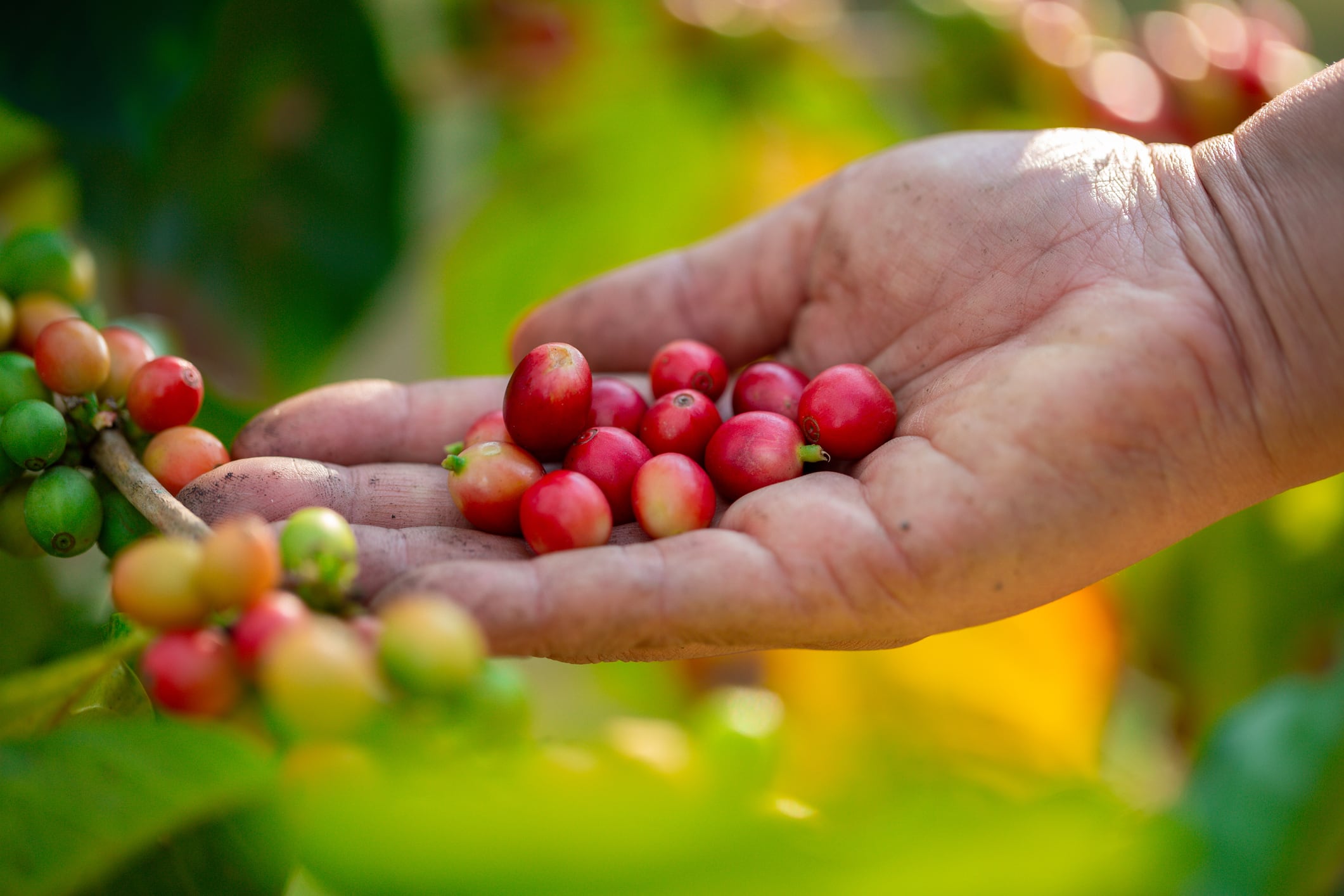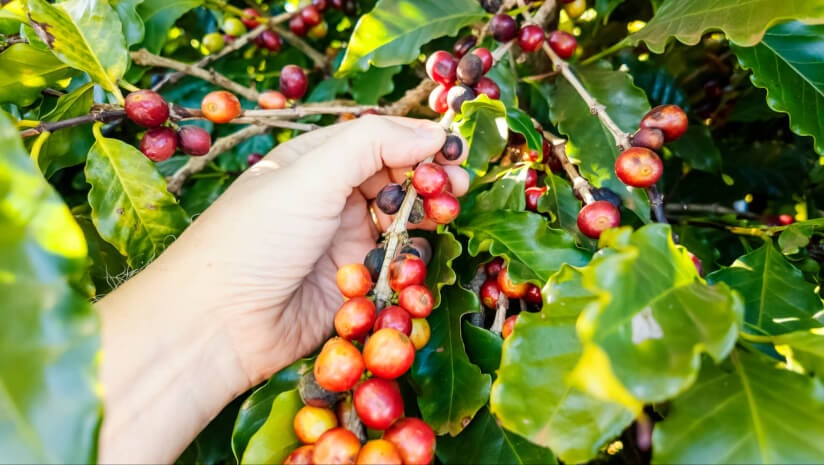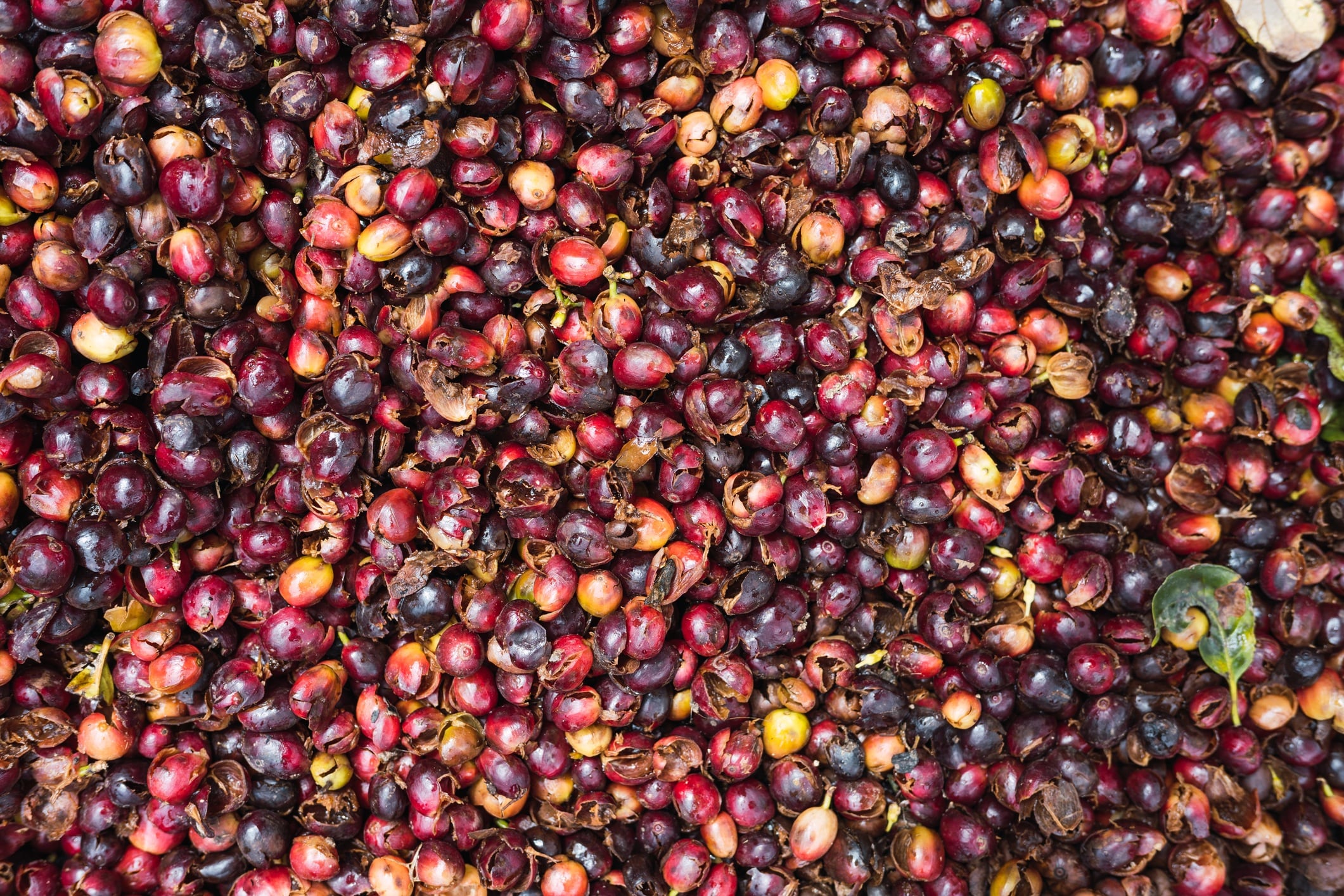Data published in the Journal of Science and Medicine in Sport indicated that a 300 mg dose of the coffeeberry extract led to better short and long passing speed and retention of short pass accuracy, compared to placebo.
On the other hand, no improvements in sprinting or running endurance were recorded.
“The differences between trials in passing speed (4.7 %) were above the previously reported test–retest variation of 3.4 % for short pass and 4.3 % for long pass, meaning that our findings demonstrate a small but positive effect,” wrote scientists from Brighton and Hove Albion Football Club (UK), the Gatorade Sports Science Institute (PepsiCo Life Sciences, U.K. and U.S.), Atlantic Technological University (Ireland), Griffith University (Australia) and the University of Stirling (U.K.).
“This small positive effect of CB [coffeeberry] may be driven by a cognitive and/or neuromuscular action to enable retention of passing speed alongside passing accuracy.”
Coffeeberry
Coffeeberry, also called coffee cherry, is the outer layer of the coffee fruit (Coffea arabica). It is the main by-product of coffee production and contains an abundance of phytochemicals with antioxidant properties—especially polyphenols, such as chlorogenic acid, caffeine, catechin, epicatechin, chlorogenic acid and rutin.
Extracts of coffeeberry have received interest for their potential brain health benefits, with published data showing the extracts may boost levels of brain-derived neurotrophic factor (BDNF) and increase alertness.
PepsiCo has been studying the extracts for several years, with a 2021 paper in Nutritional Neuroscience reporting that a single dose (1,100 mg) of a coffeeberry extract may boost alertness in healthy men and women, with effects still observable six hours after consumption, says a new study.
The chlorogenic acid-rich coffee berry supplementation also led to self-reported increases in vigor/activity and decreases in fatigue/inertia.
In the realm of sports, there has only been one study with coffeeberry, explained the authors of the new paper, which found no benefits of 800 mg per day of the extract on anaerobic power, anaerobic fatigue, maximal heart rate or blood lactate responses.
“The present study aimed to generate preliminary evidence about the potential impact of coffeeberry as an ergogenic supplement by investigating its effects on skill performance, physical performance and subjective measures of mood/arousal and mental/physical energy, under non-fatigued and fatigued conditions in academy soccer players,” they explained.
Study details
Twenty male academy soccer players (mean age 18) were recruited to participate in the double-blind, randomized, placebo-controlled, crossover trial. The players were randomly assigned to receive either a single 300 mg dose of coffeeberry extract or placebo. Seven to 14 days later, the players returned and crossed over to the other intervention. One hour after ingestion, the participants played a 45-min half soccer match simulation that included dribbling, sprinting and passing tasks.
Results showed that coffeeberry ingestion was associated with significantly better performance for passing speed and accuracy, with the benefits most evident for short passes.
There were no significant differences between the groups for fatigue and energy declines.
“These findings suggest a potential cognitive or neuromuscular mechanism, independent of metabolic effects,” the researchers wrote.
Adding a note of caution, they stated that the findings can only be applied to “our sample group of academy soccer players who are high level players signed with professional teams, but who do not have regular first team call-ups. So, our results cannot be generalized beyond this player group.”
Source: Journal of Science and Medicine in Sport. doi: 10.1016/j.jsams.2025.09.001. “Influence of coffeeberry extract on soccer specific skill performance during simulated soccer match-play and following fatiguing exercise in academy players”, Authors: P. Rodriguez-Giustiniani, et al.




